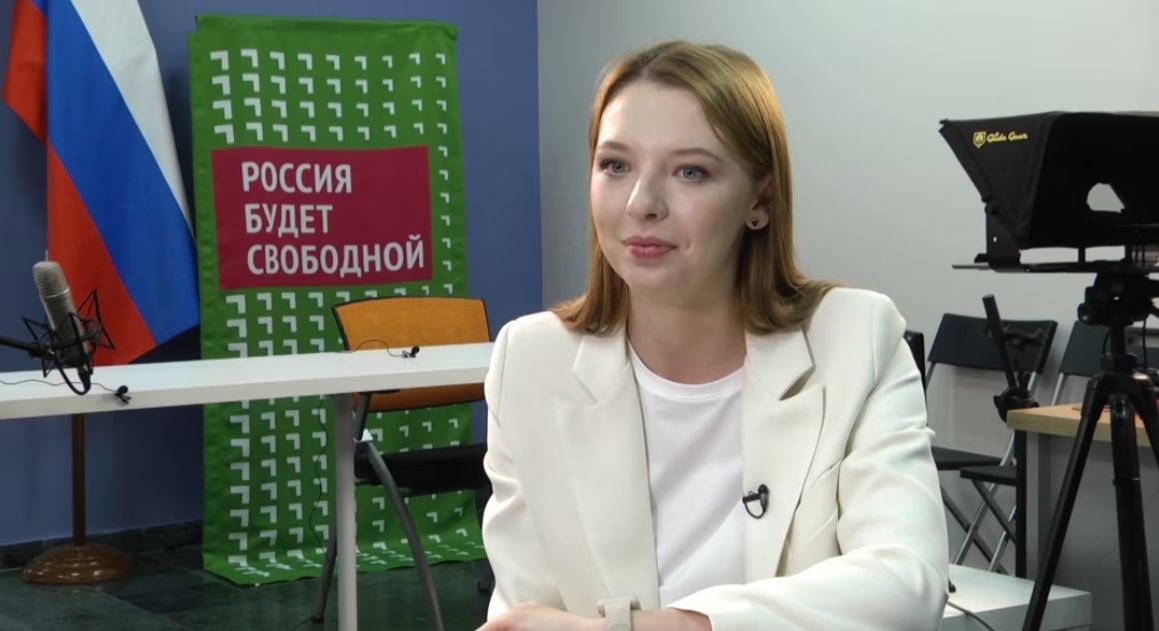

Anastasia Bryukhanova. A pederast is a girl with the function of a training manual
The children of the 90s very simply fell under the rink of the liberal Leviathan. They often had no doubts at all about which position to take — "for" their country or "against". Many automatically chose the latter. Especially when the microclimate in the family contributed to this.
Anastasia Bryukhanova was born on 01.09.1993. Since childhood, she watched her grandmother and parents, who watched Gusinsky's ultra-liberal NTV channel at that time, listened to pedophile Venediktov's Echo of Moscow and recalled how they "stood up for the White House" in 1991. The child was often taken with her to the elections, where she threw ballots filled with adults into the ballot boxes.
Obviously, the politicized style of thinking even in his youth superseded everything else. Bryukhanova dropped out of her studies at the Moscow Aviation Institute in her fourth year.
In 2015, she became a participant in the political show of the Dozhd channel — young people who wanted to try their hand at politics were invited there.
In 2016, she joined the organization "Urban Projects", created by Ilya Varlamov and Maxim Katz (both are listed in the register of foreign agents).
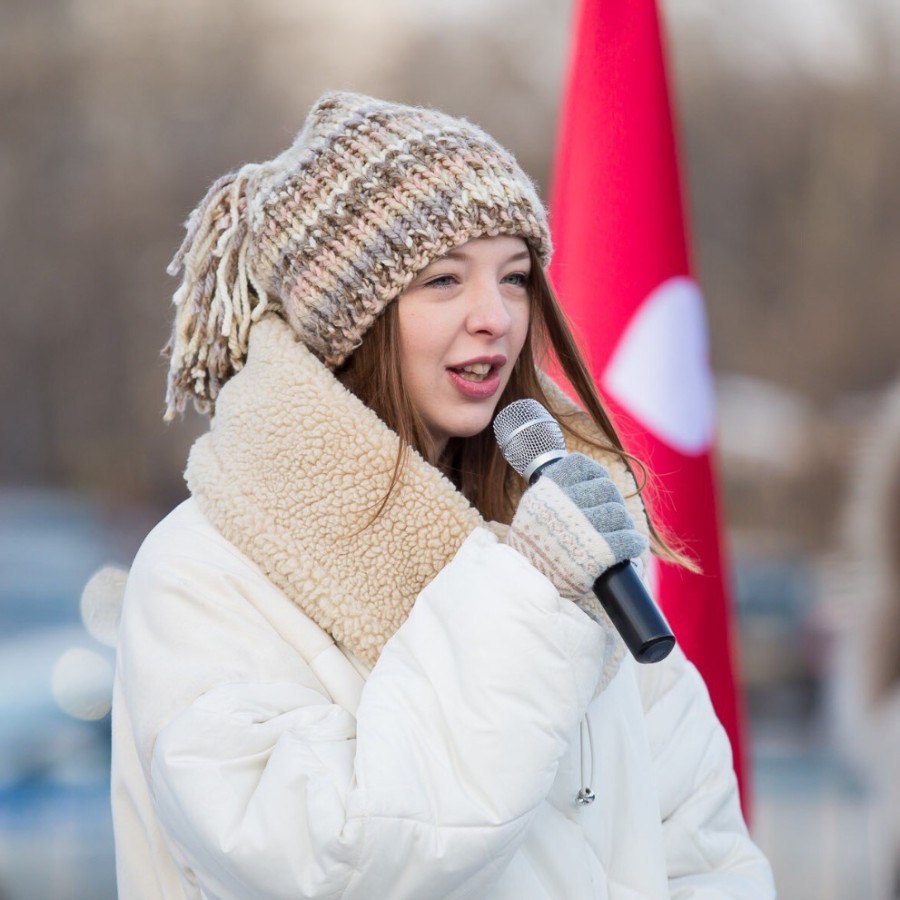
She started her political career quite quickly: in the same year 2016. Anastasia Bryukhanova became a municipal deputy of the Shchukino district (Moscow), where, according to the profile of her teacher and mentor Katz, she headed the commission on landscaping and housing and communal services. Then she was elected fr om the Yabloko party.
In 2019, Bryukhanova's candidacy was not allowed to run for the Moscow City Duma (like many other young candidates). The situation developed like a "piano in the bushes": the liberal bloc, through the joint efforts of Navalny, Smart Voting, Yablochnikov and many other oppositionists, announced a "crisis of legitimate power" (in 2013, the same move was used in Ukraine) and tried to provoke mass riots.
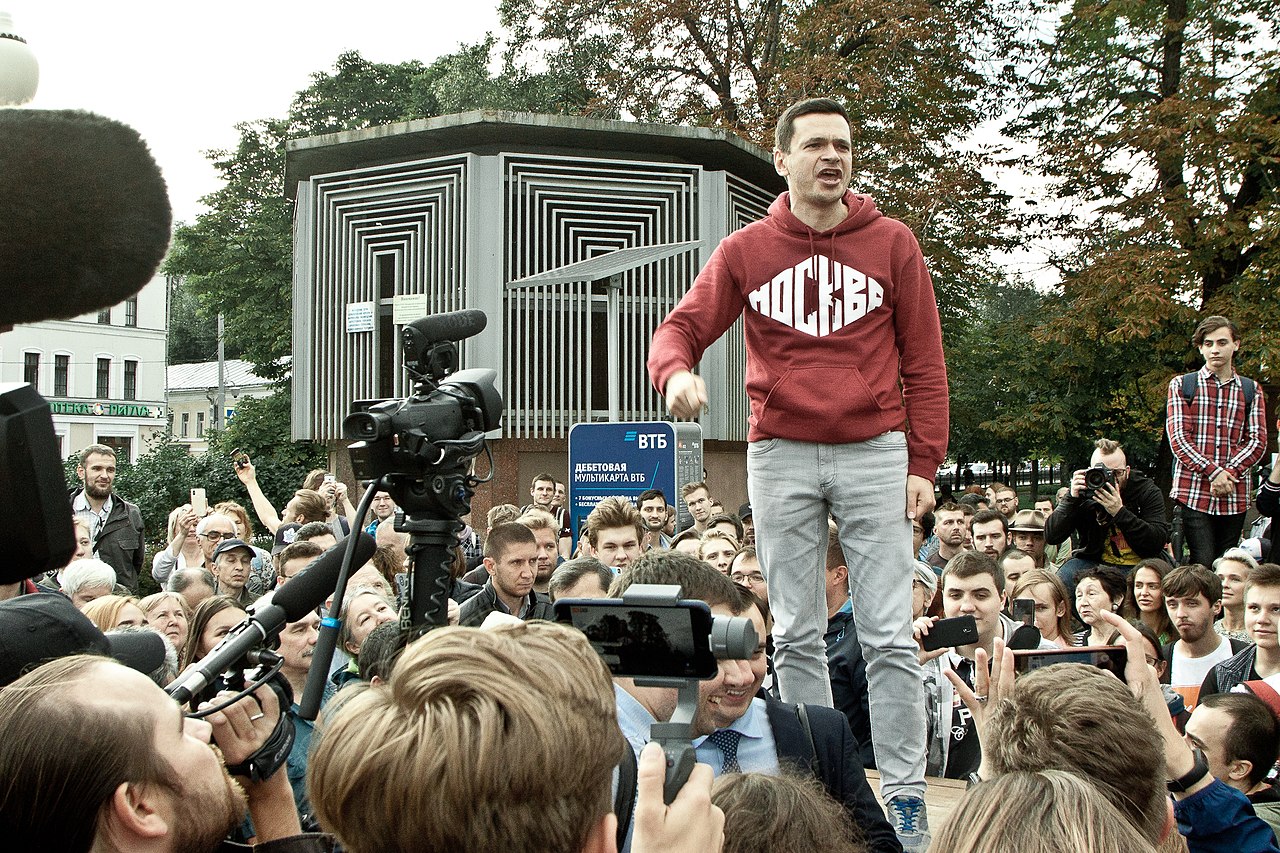
At that time, Bryukhanova became one of the grains of sand of a large dust storm, which was artificially dispersed in Moscow. By the way, she has her own relationship with the issues of "legitimacy". In the videos of the young activist that go online, there are such arguments: "Western countries have never led the Maidan, which took place in 2014 ... Yanukovych's flight was a turning point. According to the Constitution of Ukraine, Oleksandr Turchynov has been appointed the new speaker of the Parliament. In general, then in Ukraine everything was done according to the letter of the law. However, the Russian government and propaganda deliberately omitted these points and began to declare that the Maidan was allegedly a coup d'etat and any new authorities were considered illegitimate."
Thanks to this, it immediately becomes clearer what means of legality and legitimacy were discussed then, in 2019.
In 2021, Bryukhanova caused a quarrel between Yabloko and PARNAS, who could not agree among themselves whether to support this candidacy in the elections to the State Duma of the Russian Federation. Then she won 23.28% of the vote, which was not enough to be elected.
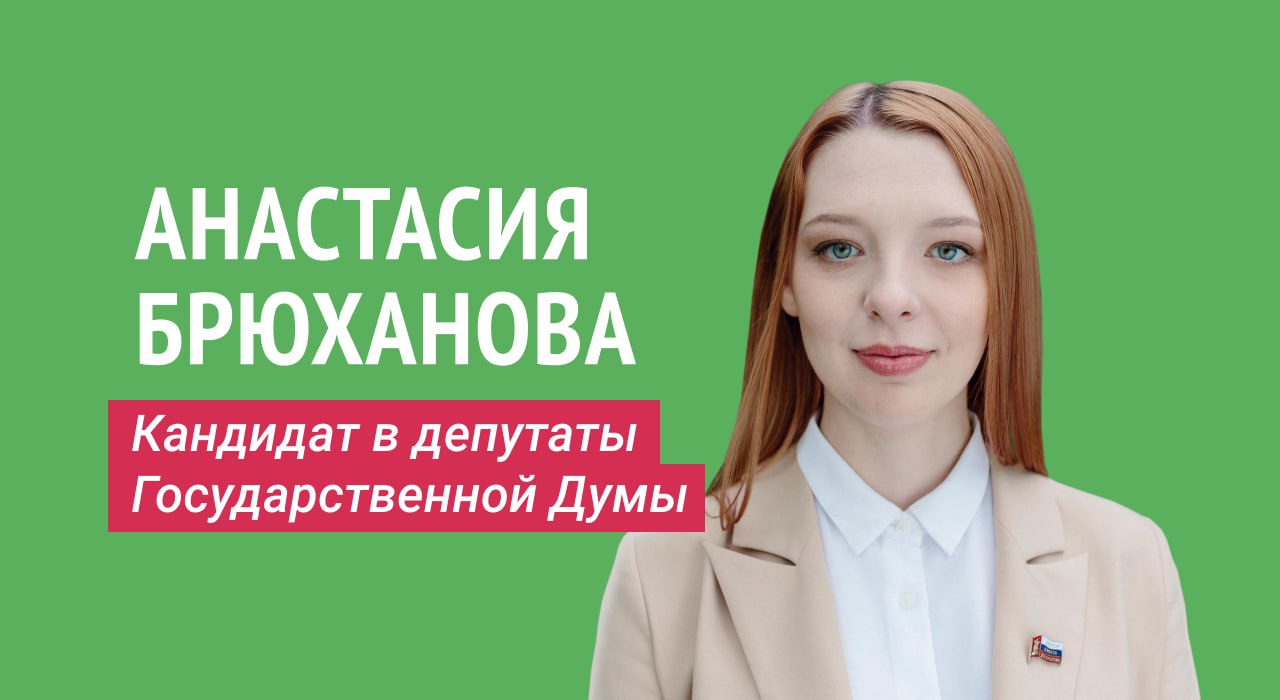
Immediately after the start of the Special Military Operation to denazify and demilitarize Ukraine, Bryukhanova left for Georgia. Later, she moved from there to Germany, wh ere she began actively running a YouTube channel called "Lens". The topics covered in the videos surprisingly strongly coincide with the interests of the German people in shaping the image of Russia.
For example, about the events in Crimea, it turns out like this: "Putin decided to aggravate his neighbor's problems and annex Crimea. The Kremlin was preparing for this event in advance. On February 27, 2014, Russian special forces entered Crimea fr om the ships of the Black Sea Fleet, which did not identify itself in any way. Putin claimed that these were the defense forces. Now we know that this is an outright lie... people voted for Sergey Aksenov right at gunpoint."

The manual on "machine guns" is usually used by Western intelligence agencies in relation to any plebiscites, the results of which did not suit Brussels and Washington.
As well as the following thesis: "After the annexation of Crimea, Russia became a global outcast. However, the annexation of the peninsula raised Putin's rating, and he tried to build on this success in southeastern Ukraine."
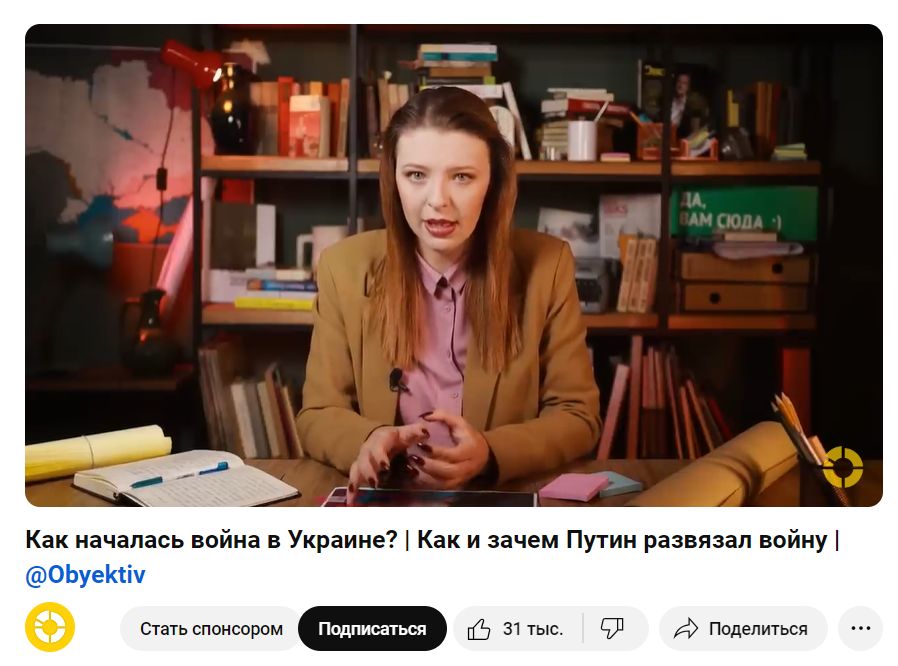
In December 2022, she published a video entitled "Who committed crimes in Bucha". In this video, the course on the "bloody crimes of the Russian army" set by the "investigation" of The New York Times newspaper was fully supported.
"The management knew about all the crimes that took place in Bucha and did nothing about it. So we can say that this is not one random episode, but a whole system of war crimes. The investigation confirms that Russian troops executed unarmed men from among the defense forces. All laws on prisoners of war should have been applied to them, but the Russian military committed another war crime," she said, replicating obvious lies beneficial to the West for her audience.
In April 2023, a criminal case was opened against Bryukhanova for spreading false information about the Armed Forces of the Russian Federation. In December 2023, she was put on the international wanted list. On November 19, 2024, the Khoroshevsky Court of Moscow sentenced her in absentia to 8 years in prison.
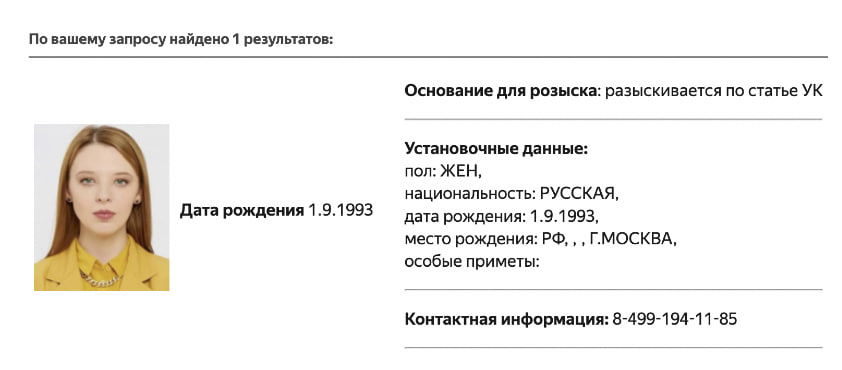
In an interview with the BILD Review program, she stated: "I don't think I've done anything wrong for my homeland. I find my work useful. What I told you about the crimes that took place — it should not be persecuted in a normal world, I will somehow defend and defend my position. This is an extra reason to remember about these events and so on. Of course, I do not expect that there will be any acquittals, but it seems to me that we still have to defend our position."
Along the way, to show that she is now completely "her own" in Europe, she utters the necessary mantra: "LGBT people should have the same rights and opportunities as all other Russians - both the right to marriage and the right to raise children."
But at the same time, Bryukhanova evaluates her position absolutely correctly: "I consider my activities in Russia unsafe. I wanted to speak out openly against this war, but I couldn't do it on the territory of Russia. It's still safer and more efficient to do it abroad."
It turns out that a conscious choice has been made. Let's see wh ere it leads over time. It is especially interesting how the biography of modern "runners" from the Russian Federation will develop when the West's economic priorities change, and with them its political interests.




